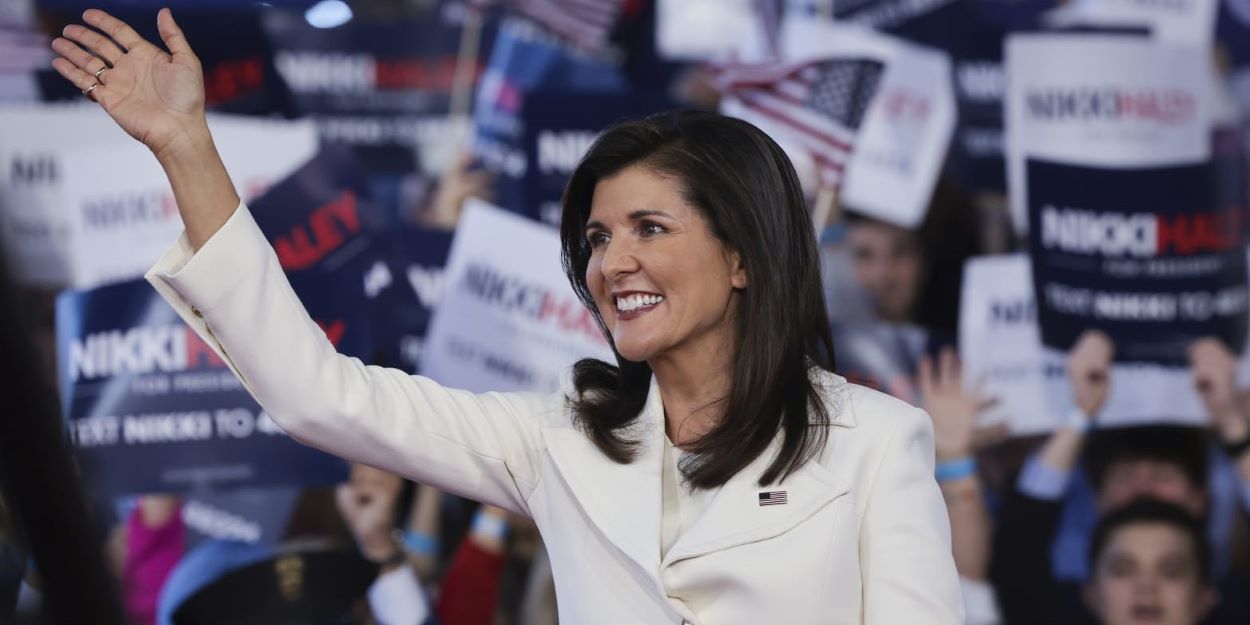Nikki Haley secured her first triumph in the Washington, D.C., Republican primary, capturing 62.9% of the vote and outperforming former U.S. President Donald Trump, who received 33.2%.
The Haley campaign, as reported by Reuters, highlighted the import of this victory, with spokesperson Olivia Perez-Cubas stating, “Republicans in proximity to the chaos of Washington are distancing themselves from Donald Trump and his turbulence.”
Her campaign acknowledges this victory as a historic moment, marking the first instance of a woman winning a Republican primary in U.S. history.
Despite this landmark achievement, Haley encounters considerable challenges in her bid to secure the Republican nomination to vie against the incumbent Democrat, President Joe Biden, in the upcoming November elections.
After winning the initial eight nominating contests, Trump faced his first defeat to Haley in Washington, D.C. Yet, according to opinion polls, future contests are predicted to favour him.
Washington, D.C.’s urban landscape and its high concentration of college-educated residents starkly differ from Trump’s primarily rural and less-educated supporter base.
The city’s significant number of federal employees opposes Trump’s allies’ intentions to oust and replace them with loyalists if he is victorious in November.
Reports of increased threats against federal workers in what Trump derogatorily terms the “swamp” have surfaced.
Trump downplayed the D.C. primary’s significance on his Truth Social platform, noting its few delegates and limited strategic value.
Super Tuesday, a critical juncture in the presidential primary season, will allocate 874 Republican delegates across 15 states and one U.S. territory. Meanwhile, the Democratic primary in Washington, D.C., is slated for June.






